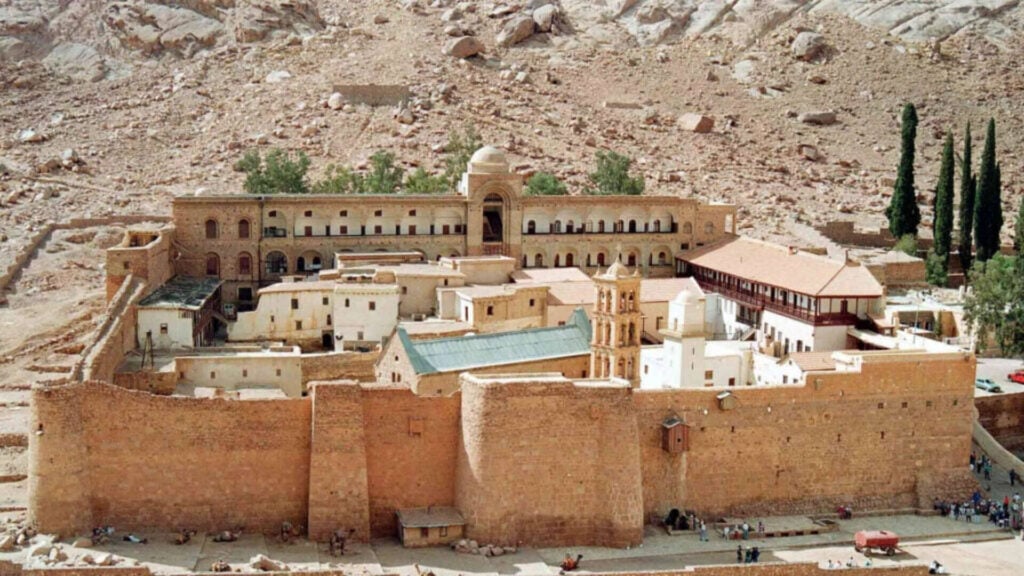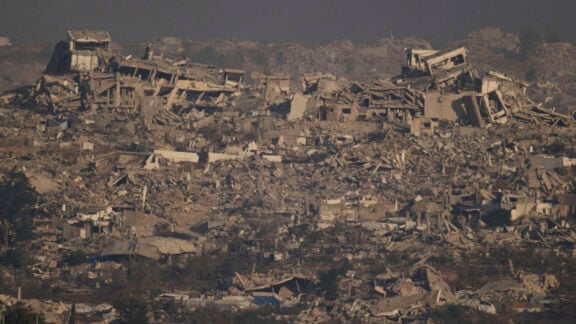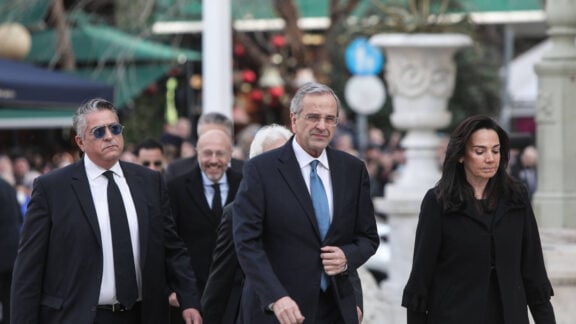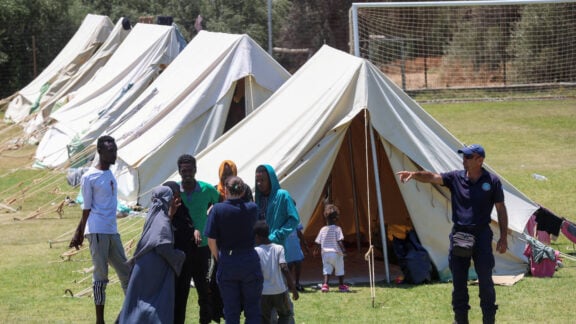Egypt’s Foreign Minister Badr Abdelatty confirmed the country’s commitment to protecting St. Catherine’s Monastery in the Sinai Peninsula amid speculation over its future and a leadership dispute involving Archbishop Damianos.
Abdelatty reaffirmed Egypt’s support while speaking in Athens on Wednesday alongside Greek Foreign Minister George Gerapatritis as he announced an agreement between Egypt and the Monastery of Sinai.
He firmly rejected recent rumours as “malicious and unfounded,” stating, “no one can touch the monastery,” and stressing that it will continue to play its pivotal role.
The dispute over the leadership of the monastery has raised concerns in Athens, where officials fear that interference, both internal and external, could jeopardize diplomatic negotiations between Greece and Egypt regarding the site and surrounding properties.
Speculation has arisen that factions within Egypt’s religious affairs ministry may be supporting efforts to remove Archbishop Damianos and, though the allegations are not confirmed by Cairo, they have contributed to regional unease.
The monastery’s autonomy and the role of the abbot are seen as symbolically and diplomatically important, particularly given the site’s location in the Sinai region and its close association with Greek Orthodoxy.
Gerapatritis recalled the May joint declaration establishing the strategic partnership between Greece and Egypt, identifying it as a reflection of “the close historical ties of our peoples and the enduring journey of our ancient cultures”.
He described Greece and Egypt as “pillars of stability” in the Eastern Mediterranean, citing their “exemplary and multifaceted relationship”.
Speaking on the Gaza crisis, Gerapatritis noted Greece’s priorities are “achieving a ceasefire, the massive flow of humanitarian aid to civilians, and the unconditional release of hostages”.
He added that Greece “remains a steadfast supporter of Egypt”.
Regarding the delimitation of maritime zones, Gerapatritis stated Greece has already proceeded with the partial delimitation of its Exclusive Economic Zone (EEZ) with Egypt and intends to initiate technical-level discussions with Libya.
“Greece, Egypt, and Libya are genuinely neighbouring countries and have every interest in proceeding with the remaining delimitations based on the International Law of the Sea. Agreements that are not founded on International Law obviously do not produce any legal effect and provoke tensions in an already burdened region.”









